Causes of Muscle Twitches and Spasms

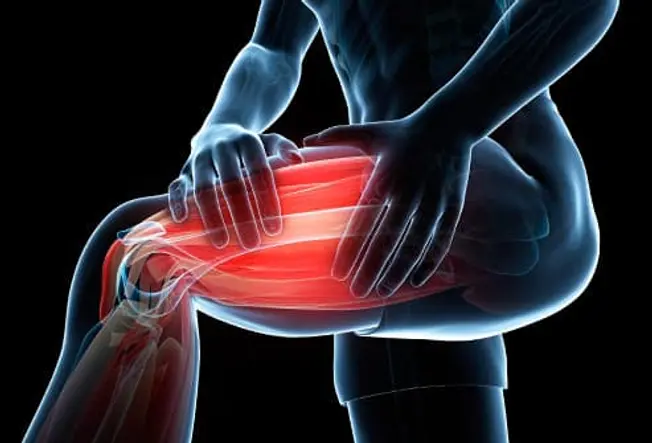
Muscles Have a Mind of Their Own?
You tell your muscles what to do without thinking about it. But sometimes they do their own thing -- they might pulse or contract and can’t relax. Twitches and spasms are most common in the thighs, calves, hands, arms, belly, ribcage, and the arches of your foot. They can involve part of a muscle, all of it, or a group of muscles. Doctors aren’t always sure why they happen, but a few common triggers can set them off.
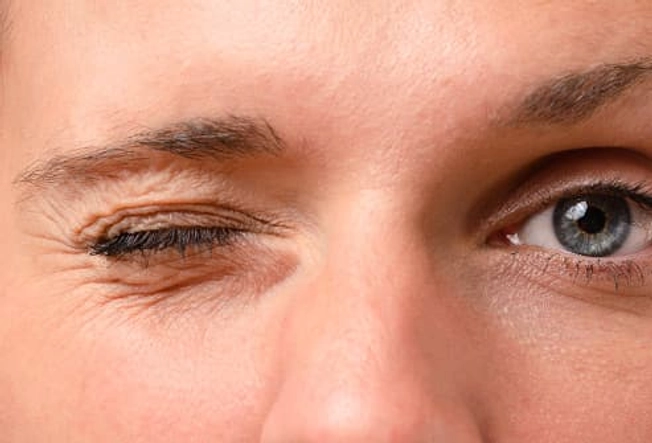
Eyelid Twitches
Eyelid feel like it's giving you Morse code? That's called myokymia. These random twitches, which can feel faint or really bug you, happen on the upper or lower lid. Triggers range from stress and smoking to wind, bright light, too much caffeine, and lack of sleep. Though annoying, the twitches are harmless and usually go away quickly, but they can come back over the next few days.
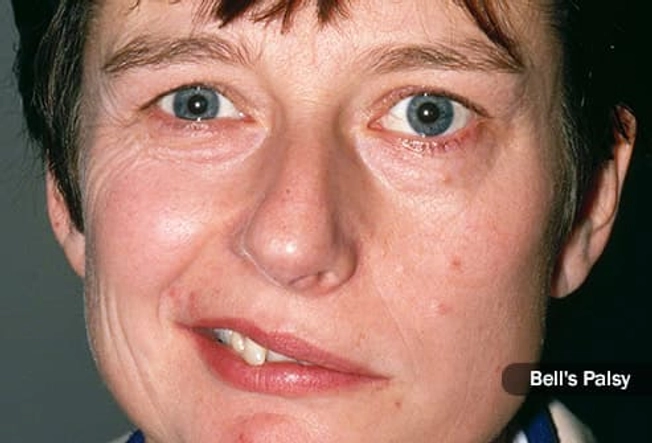
When Eyelid Twitches Don't Go Away
Twitches that last more than a few days could be a sign of an eye issue, like dry eyes or glaucoma. They could also happen if you have a problem that affects movement in your face muscles. In rare cases, eye twitches can be a sign of brain or nerve disorders like Bell's palsy, multiple sclerosis, and Tourette's syndrome. But these conditions will cause other symptoms, too.

Low in Electrolytes
Your muscles depend on minerals, like potassium and magnesium, to work properly. If you’re running low on them, your body sends you a message with cramps and spasms. Exercise or heavy sweating can deplete you, but some medications can, too. You might also lose too many electrolytes after a bout of diarrhea or vomiting.

Not Enough Water
If you don’t get enough to drink, your muscles will be more likely to twitch and spasm. It’s not just the water -- when you sweat a lot or lose body fluids when you’re sick, you also lose electrolytes, another common reason for twitching muscles.
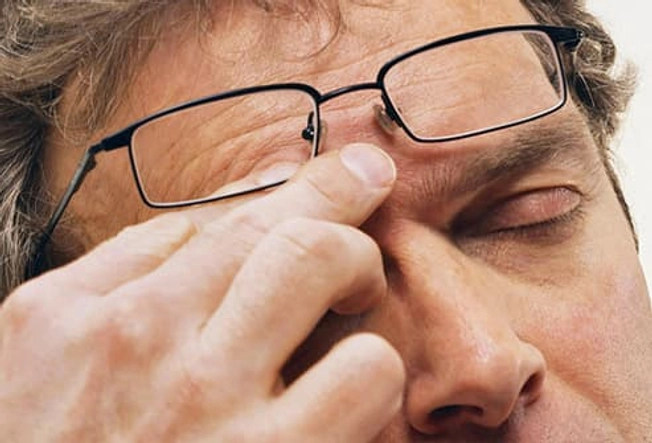
Stress
You can sometimes blame stress for headaches or insomnia, but it can also cause tension and pain in your muscles. Try a relaxation technique, like massage or meditation, to work them out.

Too Much Caffeine
Caffeine can get you going in the morning and pull you out of the afternoon slump. But too much can trigger muscle twitches in various parts of your body. Other stimulant drugs, like amphetamines, have the same effect.
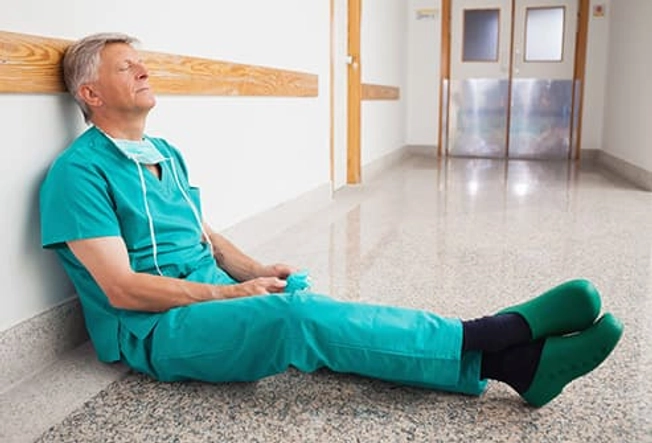
Lack of Sleep and Exhaustion
If you’re tired or run-down, twitches and spasms can be one way your body lets you know. Your muscles might also feel achy and sore or just generally weak.

You’re Out of Shape
If you notice spasms after a workout or walk, you may need to spend more time building your muscles. When you don’t work them enough, they’re more likely to get too tired -- and cramp up. Add strength training to your routine at least twice a week.

Medication
If you have high blood pressure or heart disease, your doctor may put you on water pills, also called diuretics. They make you pee more, which lowers the amount of potassium in your body -- and can bring on muscle spasms. Other medications, like some antidepressants, can cause twitches. Some epilepsy and psychosis drugs may make your eyelid twitch.

Serotonin Syndrome
If your muscles are twitching within a few hours of taking a new drug or changing your dose, call your doctor. You might have this condition, which happens when some medications, drugs, or supplements cause too much of the brain chemical serotonin to build up in your body. This is a serious condition that usually comes with very high fever and other symptoms and needs medical attention.
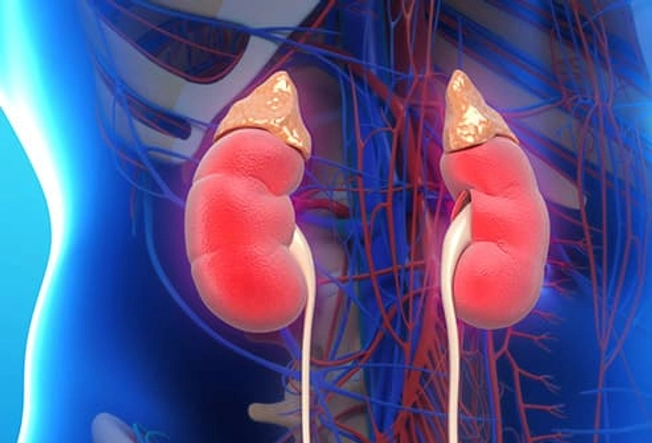
Kidney Disease
Kidneys often don’t give early warning signs that they're slowing down. When they lose a lot of their ability to work, you might notice muscle cramps, along with other symptoms. If you have diabetes, high blood pressure, or other kidney-related issues, check with your doctor if spasms start up.
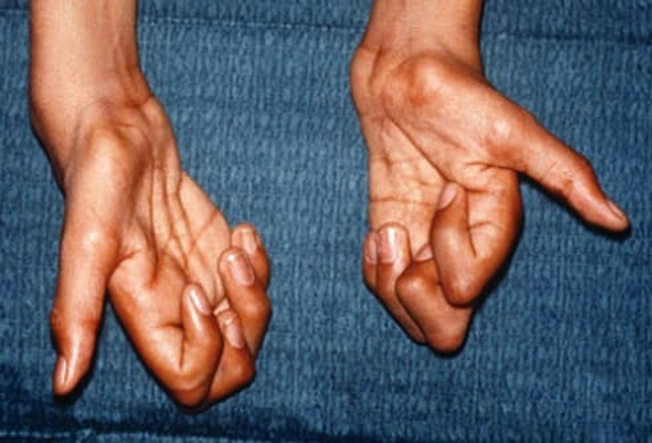
Lou Gehrig's Disease -- Also Known as ALS
Twitching muscles in the hands and feet can be one of the early symptoms of this condition, also called amyotrophic lateral sclerosis (ALS). It happens because the nerves that send messages from the brain and spinal cord to the muscles stop working. They send irregular messages before they stop sending them completely.
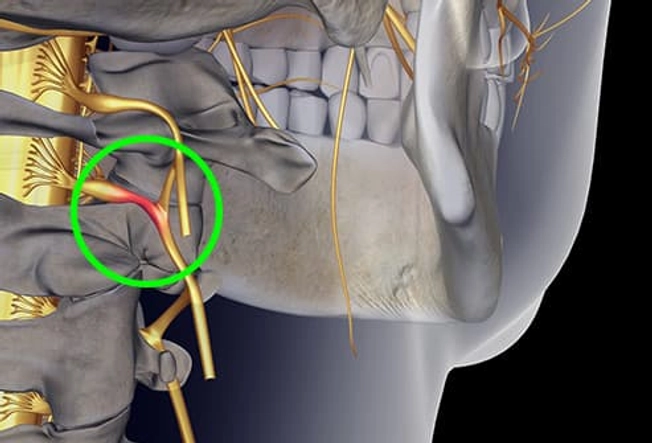
Pinched Spinal Nerve
When spinal nerves leave the spinal cord, they pass between the bones of the spine to specific parts of the body. Sometimes the disks between the bones slip or rupture and move, pinching the spinal nerve in the process. You might feel the changes in the muscles that nerve controls. Your doctor can diagnose the issue during a physical exam or with an MRI or CT scan.
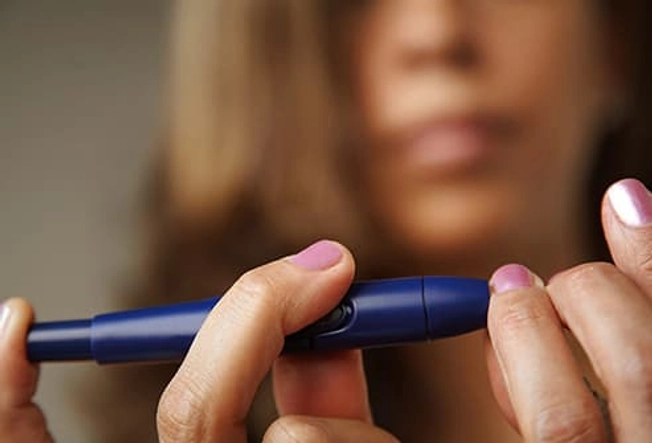
Neuropathy
When nerve cells are damaged, it changes the way they communicate with each other and with the brain. Twitches and spasms can be warning signs that this common condition is affecting the nerves that control your muscles. Some people are born with it, but it can happen because of an injury, infection, disease, alcoholism, and some medications. Diabetes is the leading cause of neuropathy.
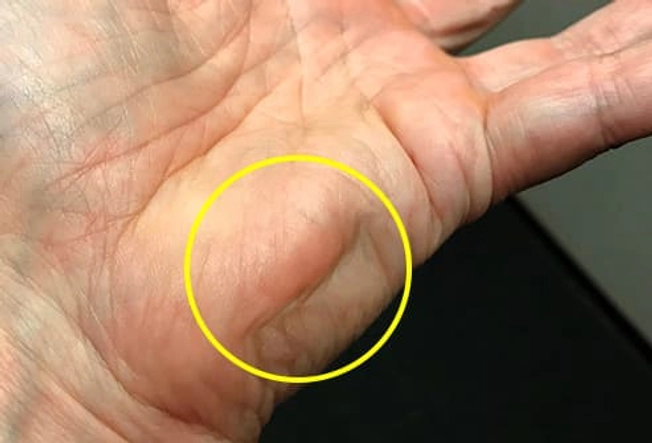
Isaacs’ Syndrome
This rare condition happens when your nerves keep sending signals that make your muscles move, even though your brain or spinal cord isn’t telling them to. That causes muscle twitches, cramps, and stiffness. It may also make your muscles ripple, like something is moving under your skin. Also known as neuromyotonia or Isaacs-Mertens syndrome, the symptoms continue when you're asleep or under general anesthesia.